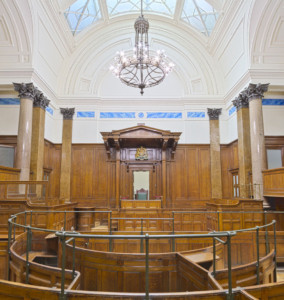National Whistleblower Appreciation Day is the celebration of a concept that dates back to the founding of the United States of America. On July 30, 1778, Congress passed the first whistleblower law that allowed citizens to report wrongdoings by people in power. In honor of this important moment in the United State’s legal history, the Senate recognized July 30th as National Whistleblower Appreciation Day in 2013. This was a bipartisan effort to recognize all of the important contributions that whistleblowers have made to the preservation of government institutions.
Many important players in the United States’ government have taken part in this celebration and have expressed their gratitude to the whistleblowers that have helped make America a more transparent place. One of the most notable speakers in recent years was Senator Chuck Grassley, author of the False Claims Act’s amendments and Chairman of the Senate Whistleblower Protection Caucus. In addition to politicians, previous whistleblowers have taken part in celebrating this important day by highlighting the contributions they have made.
National Whistleblower Day is not just a celebration of whistleblowers from the past. Many agencies have taken this day as an opportunity to educate the public and their own employees on their rights as potential whistleblowers. For example, the Environmental Protection Agency (EPA) published a memo to educate people on the nation’s whistleblower history and to motivate more people to become whistleblowers in the future. Although National Whistleblower Day is not an official holiday, it is still important to take this day to recognize the part these players have played in protecting the United States against fraud and wrongdoings.
Do you have a valid claim?
If you witnessed any widespread suspicious activity within your workplace, you might have a chance of becoming a whistleblower by reporting an ongoing fraudulent scheme. However, to increase your chances of success, you must be sure to back up your claim with substantial evidence or privileged information.
A Quick Whistleblower Checklist
Is the fraudulent scheme widespread enough?
Has the fraud been perpetuated for years or involves large sums of money?
Do you possess any physical evidence of the fraud (documents, forged signatures)?
Do you have access to privileged information which may help our investigators?
Do you work as an insider within the company perpetrating the fraud?
Did you witness any ongoing illegal behavior within your workplace?
Have you been forced into taking part in any suspicious corporate activity?





